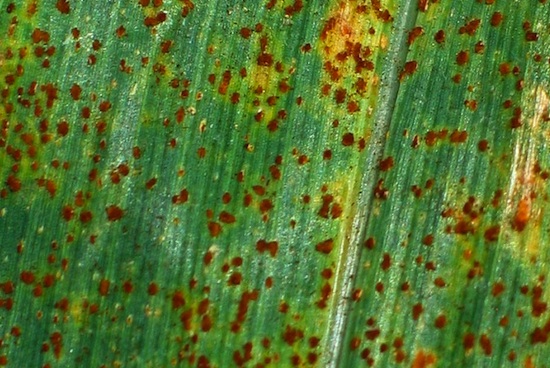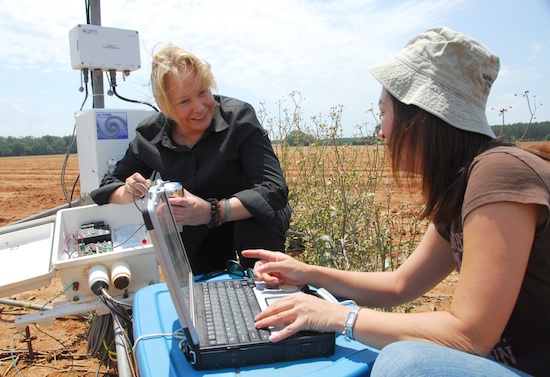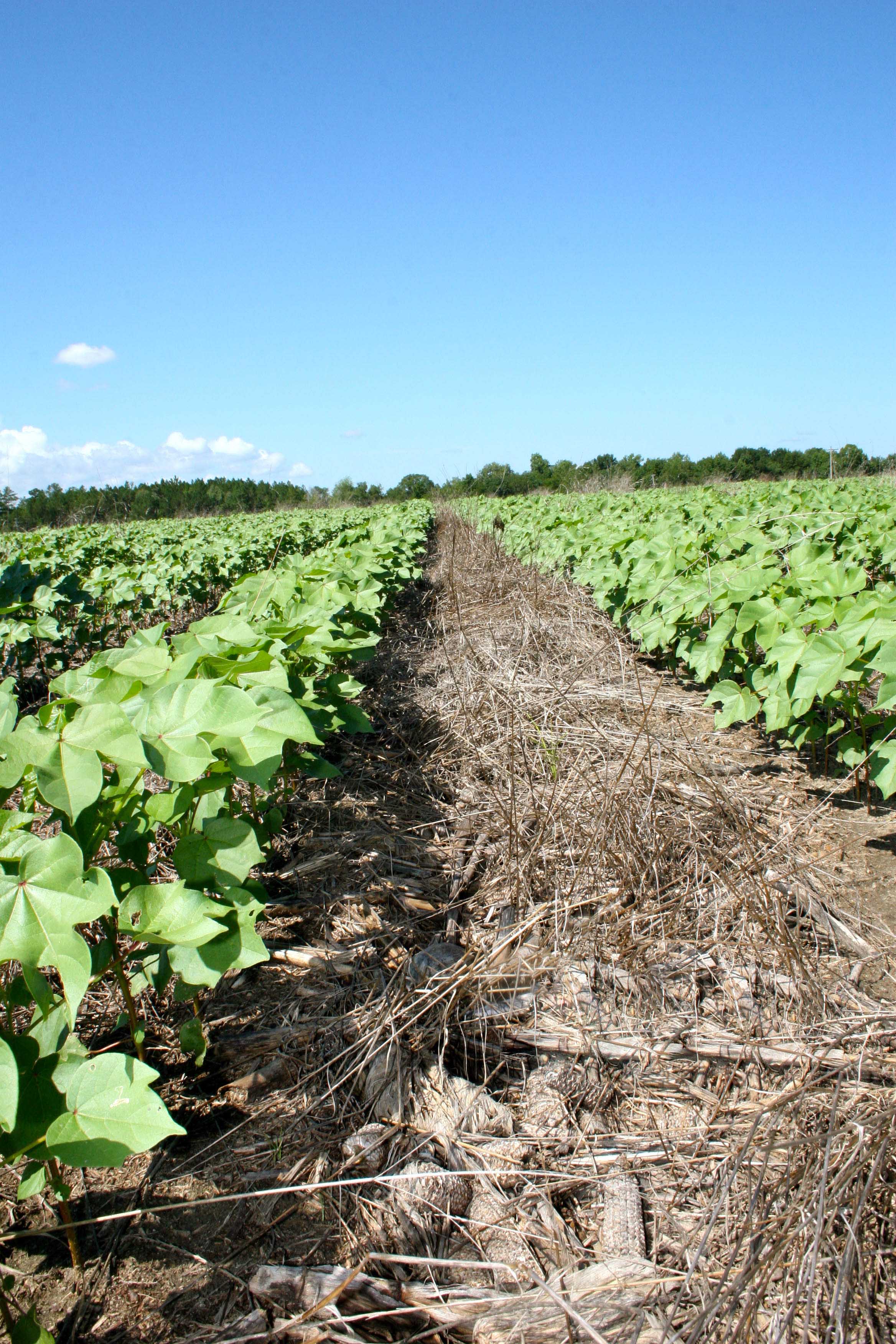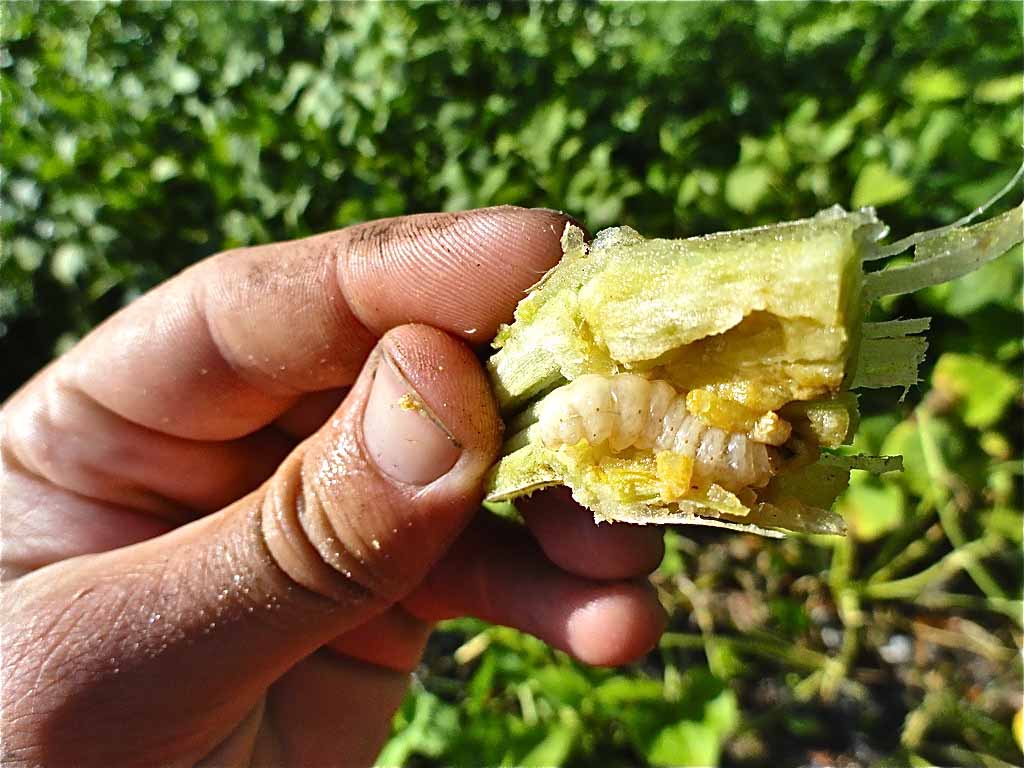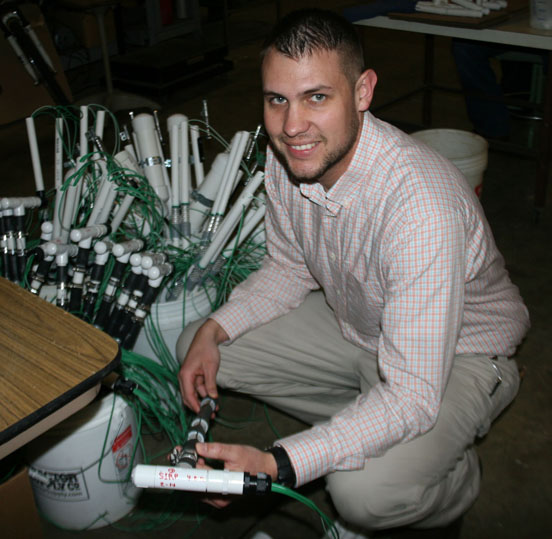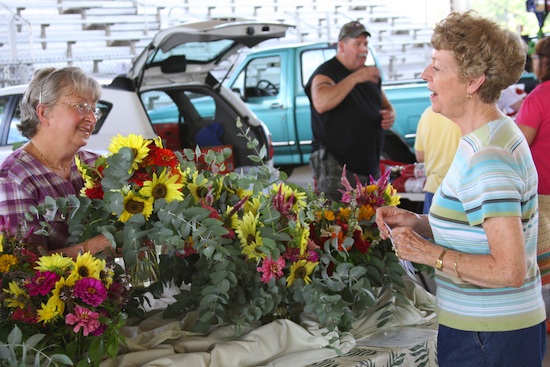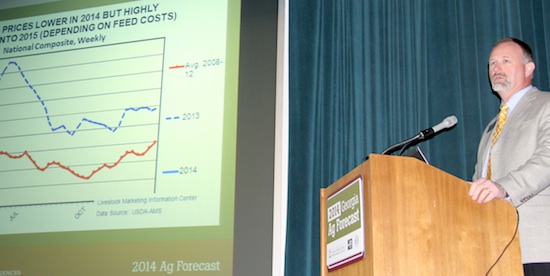Corn Prices
Potential record-setting corn yields have contributed to a bleak market for Georgia farmers, says University of Georgia agricultural economist, Nathan Smith. Smith also believes next year’s price will be worse than this year’s.

